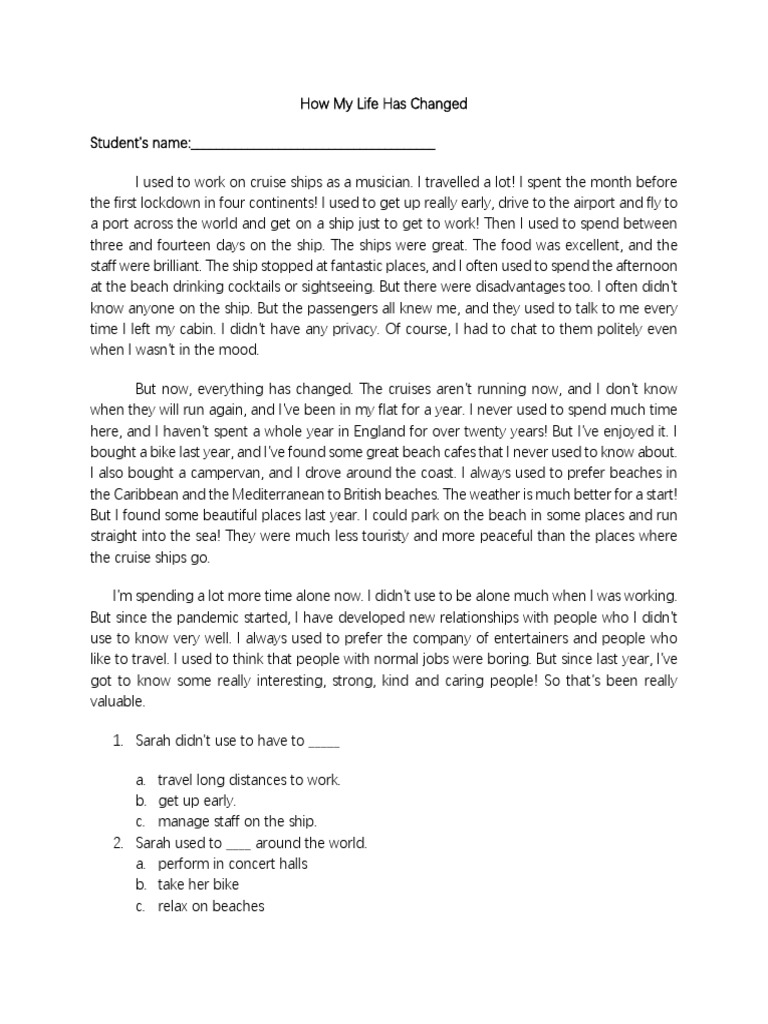In the annals of human experience, the intersection between natural disasters and personal metamorphosis is a rather compelling narrative. Among these elements, hurricanes stand out not only for their overwhelming physical force but also for their profound psychological impact on individuals and communities alike. The Bahá’í teachings offer a unique lens through which we can examine how such tempestuous events can catalyze personal transformation. What if, in the midst of chaos, we were to discover a hidden opportunity for growth and enlightenment?
The Bahá’í teachings emphasize the intrinsic connection between individual development and collective advancement. This dual focus inherently invites individuals to reflect on their personal journeys, especially when faced with ferocious trials such as hurricanes. A playful question emerges: can the very forces of nature that threaten to destabilize our lives simultaneously serve as the crucibles of our spiritual and emotional evolution? To contemplate this inquiry is to dare to confront a challenge that may yield unforeseen insights.
Firstly, it is vital to recognize the physical aspects of hurricanes—devastation, loss, and upheaval. Yet, as Bahá’ís regard the material world as a reflection of deeper spiritual realities, these external manifestations are often accompanied by internal transformations. The aftermath of a hurricane may induce a state of vulnerability, prompting introspection and, potentially, a reassessment of one’s priorities. This is where Bahá’í teachings deliver powerful guidance. The idea of ‘unity in diversity’ challenges individuals to seek commonality in experiences of suffering and resilience. By participating in communal recovery efforts, individuals can forge connections that transcend material loss, cultivating a shared sense of purpose and mutual support.
Moreover, the Bahá’í concept of ‘sacrifice’ invites individuals to consider their role in the broader tapestry of life. In the wake of a hurricane, there is an inherent call to service—to aid neighbors, to volunteer in rehabilitation efforts, and to constitute a source of solace for those grappling with loss. Engaging in acts of kindness not only mitigates the pangs of personal despair but also reinforces community spirit, illustrating the Bahá’í tenet that the well-being of one is inextricably linked to the well-being of all. Such engagements pave the way for collective healing, transforming each individual’s sorrow into a conduit for universal compassion.
Transitioning from community action to personal introspection, the Bahá’í teachings also lay significant emphasis on the virtue of patience. This trait can often feel tenuous in the face of nature’s capriciousness. However, hurricanes serve as potent reminders of the transitory nature of existence. The notion of patience in the Bahá’í writings is underscored by the understanding that both trials and joys are ephemeral. This realization can instill a sense of calm amidst the turbulence, prompting individuals to cultivate inner strength and resilience.
The Bahá’í teachings further encourage the practice of reflection and prayer during trying times. In the immediate aftermath of a hurricane, individuals may find solace in connecting with the divine through personal supplications. This practice not only serves as a spiritual anchor but can also facilitate clarity of thought and purpose. In moments of existential crisis, the act of turning inward, through prayer and reflection, offers individuals the opportunity to confront their fears and uncertainties, leading to a profound sense of empowerment.
In considering the broader ramifications of hurricanes, it becomes apparent that these cataclysmic events can instigate a collective identity reshaping. Communities that emerge from the chaos often find themselves redefined—not merely by their physical scars but by their tenacity and resilience. The Bahá’í principle of ‘progressive revelation’ posits that humanity is on a continuous journey of social evolution. A community’s response to adversity can ignite a reformation of values, yielding renewed commitment to unity, collaboration, and the common good.
As Bahá’ís, the emphasis on justice takes center stage in the recovery process post-hurricane. The inequities exposed by such disasters must compel individuals to advocate for structural changes that ensure equitable distribution of resources and opportunities for all. This call for justice resonates deeply with the teachings of Bahá’u’lláh, urging adherents not only to foster a personal sense of growth but also to engage in societal reforms that strengthen the fabric of the community.
A pivotal realization emerges from the examination of hurricanes through the prism of Bahá’í teachings: the journey from adversity to enlightenment is one that can ultimately lead to an enriched understanding of life’s purpose. The interplay between suffering and personal transformation proffers a remarkable opportunity to embrace change and cultivate a deeper connection with both oneself and the collective human experience. Rather than merely surviving a hurricane, individuals can endeavor to thrive through the gale, emerging as resilient agents of change.
Therefore, as we reflect on our individual and communal experiences in the wake of a hurricane, let us pose a final, thought-provoking query: how can we allow our experiences of upheaval to inform our future decisions and actions? Challenges are not merely significant obstacles; they can be profound teachers, imparting lessons that resonate far beyond the confines of immediate recovery. In harnessing the teachings of the Bahá’í faith, individuals may find the strength to transform the destructive forces of nature into catalysts for unprecedented personal and collective growth.
